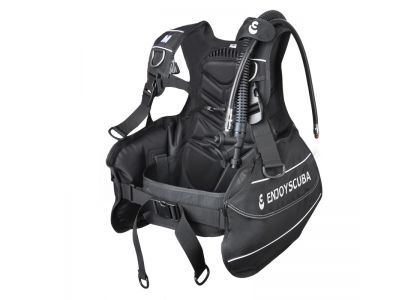
The most difficult skill in diving is subjective and can vary depending on individual strengths and weaknesses. However, one skill that many divers find challenging is buoyancy control.
Buoyancy control is the ability to maintain neutral buoyancy underwater, meaning neither floating to the surface nor sinking to the bottom. It involves achieving a balance between positive buoyancy (floating) and negative buoyancy (sinking) to maintain a desired depth and position in the water.
Buoyancy control can be difficult for several reasons:
Breathing Control: Your breathing affects your buoyancy. Inhaling increases lung volume and positive buoyancy, while exhaling decreases lung volume and negative buoyancy. Achieving precise control over your breathing to make subtle adjustments in buoyancy can be challenging.
Equipment Configuration: The type and configuration of your diving equipment, including the buoyancy compensator device (BCD), weights, and exposure protection, can affect your buoyancy. Finding the right balance and making adjustments based on the depth and water conditions can be tricky.
Body Positioning and Movement: Even slight changes in body positioning or movement can affect buoyancy. Small adjustments in fin kicks or arm movements can cause changes in buoyancy, leading to unintentional ascents or descents. Developing good body awareness and control is important for maintaining neutral buoyancy.
Depth Changes: As you dive deeper, the increased pressure affects the volume of air spaces in your equipment and body, impacting buoyancy. Managing these changes and making necessary adjustments to maintain neutral buoyancy requires experience and practice.
Environmental Factors: Different water conditions, such as currents or surges, can affect buoyancy control. These external factors may require divers to make continuous adjustments to maintain stability and position in the water.
Mastering buoyancy control is crucial for safe and enjoyable diving. It requires practice, experience, and a good understanding of the physics and principles of buoyancy. Divers can improve their buoyancy control skills through proper training, regular practice, and diving in various environments to gain exposure to different conditions. Working with experienced instructors and dive professionals can also help refine buoyancy control techniques